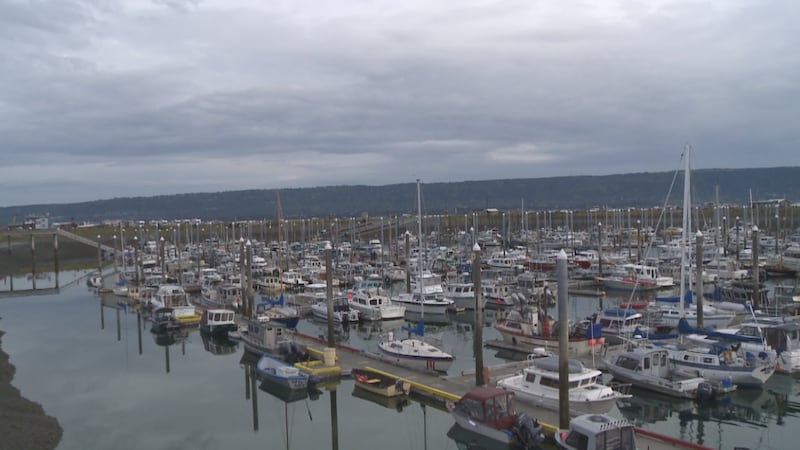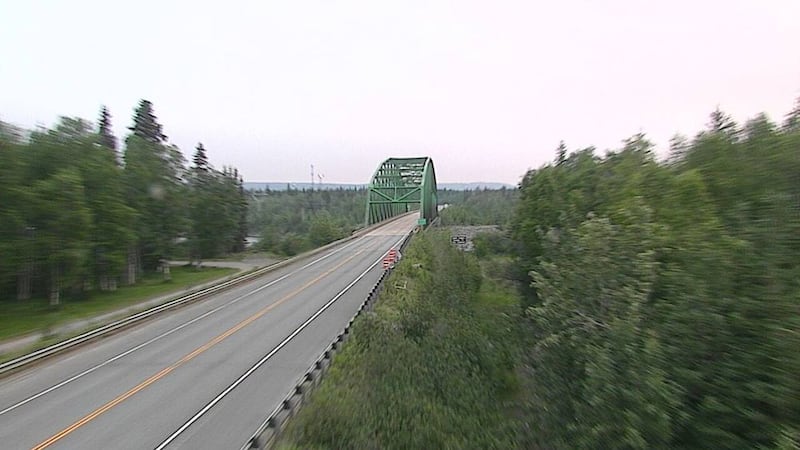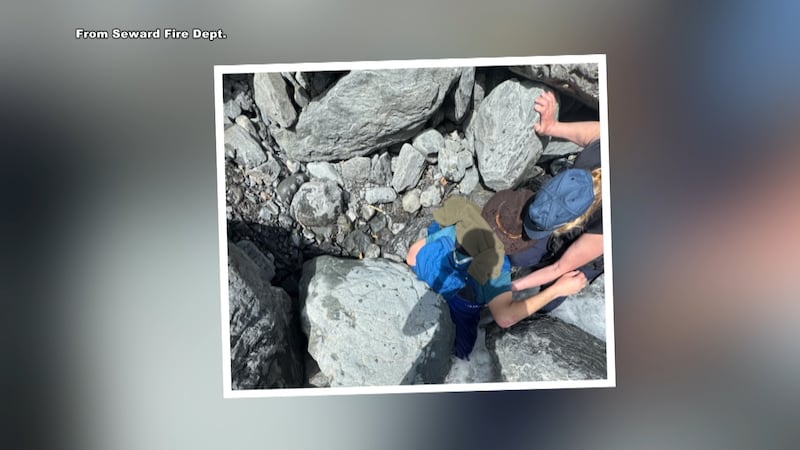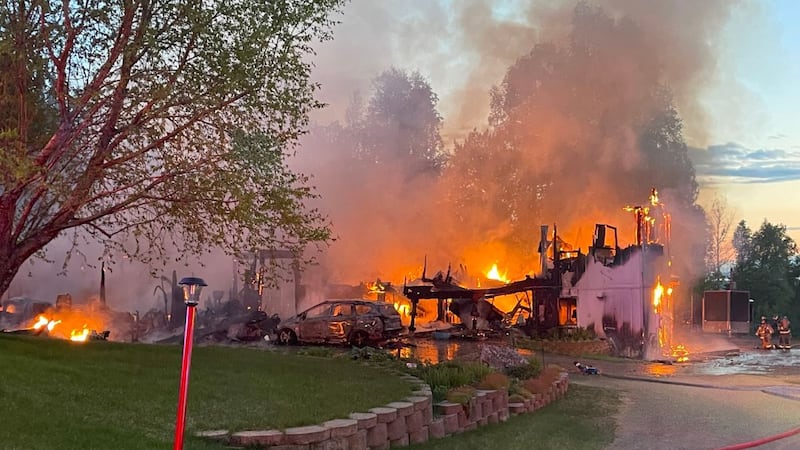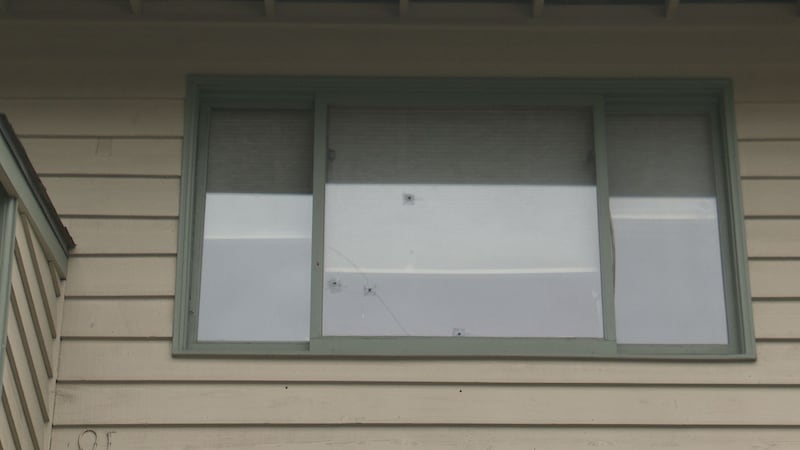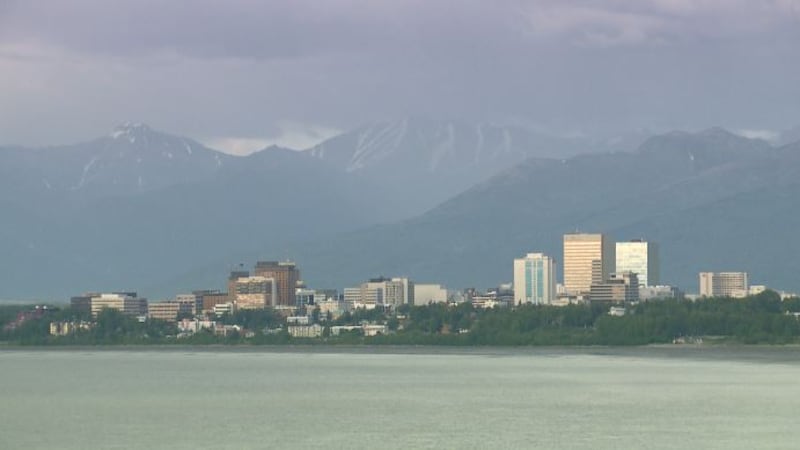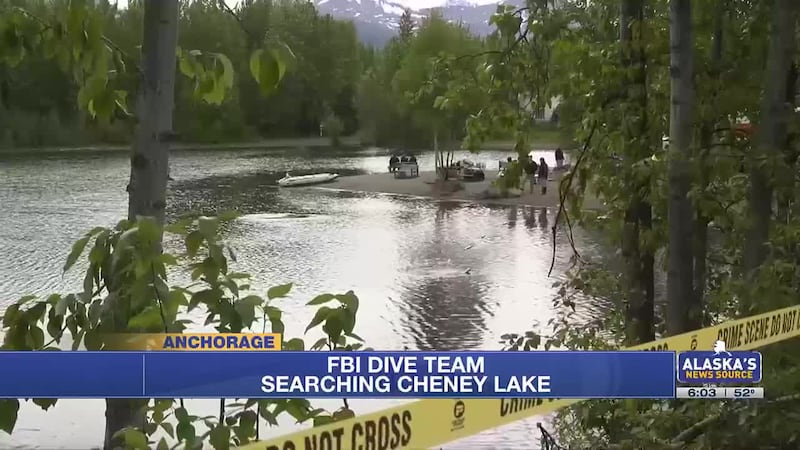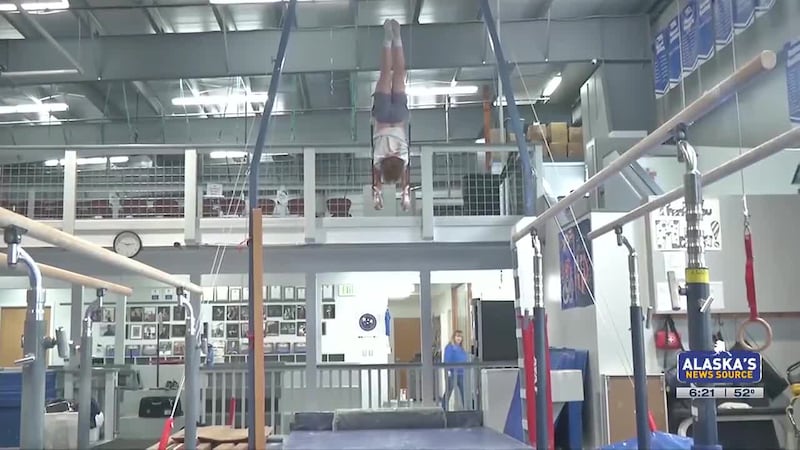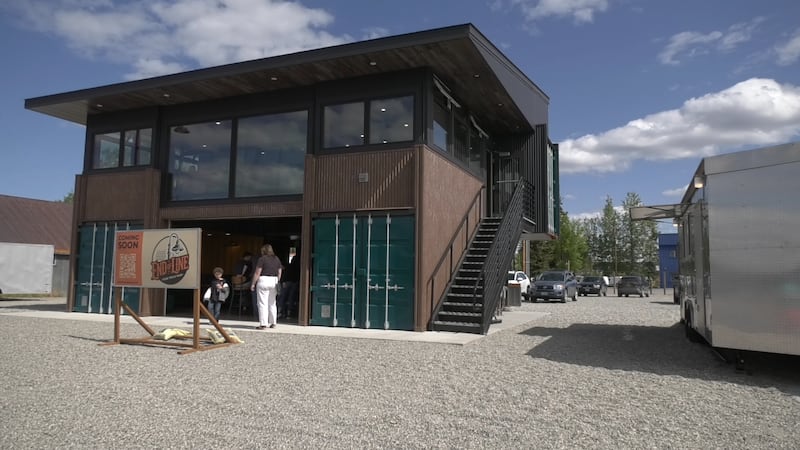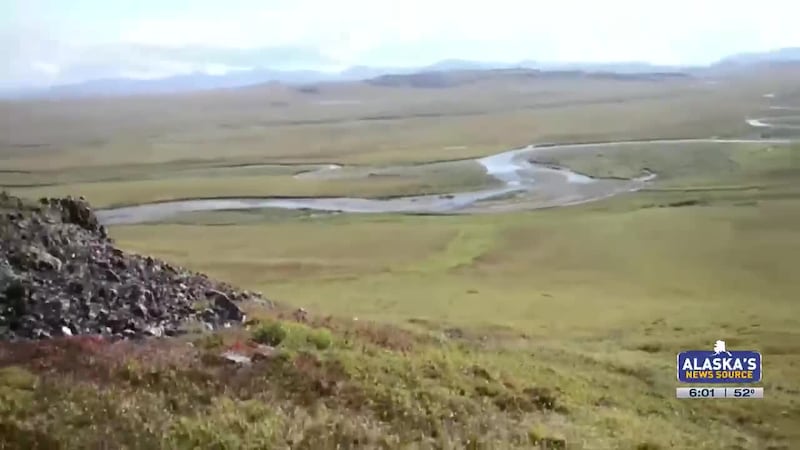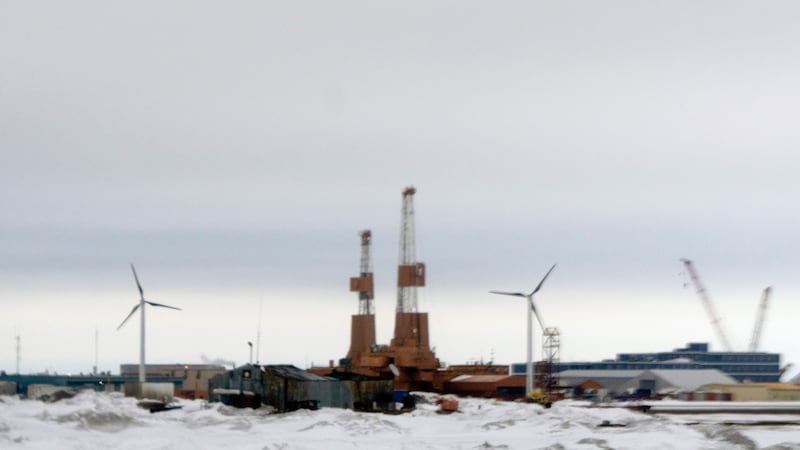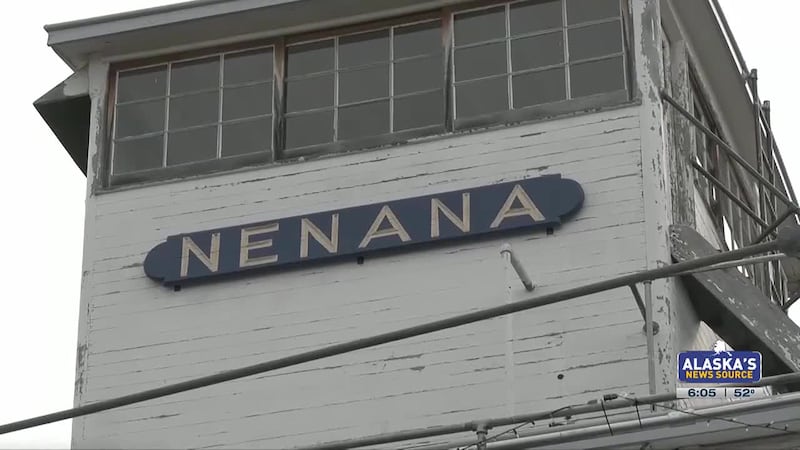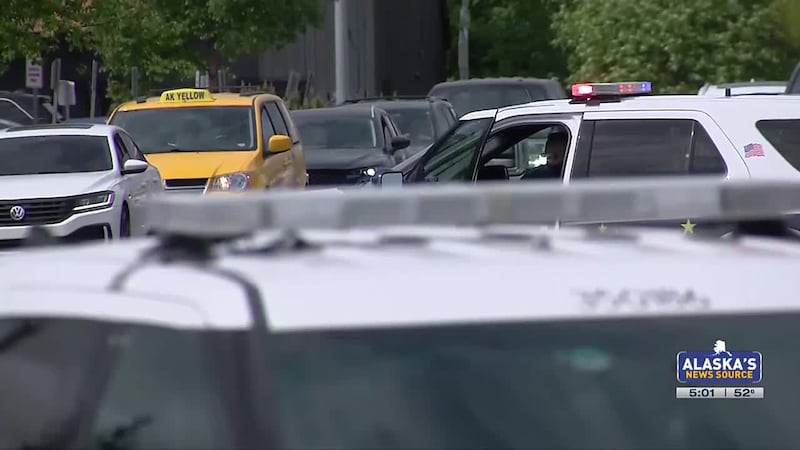Early snowmelt is one indicator that could fuel Alaska’s wildfire season
UAF researchers say that during many of Alaska’s large wildfire seasons, there was an early snow melt
ANCHORAGE, Alaska (KTUU) - Wildfires are a natural occurrence in nature, especially through the boreal forests of Alaska. New research published by the University of Alaska Fairbanks, shows that the early departure of our snow depth can lead to more acreage burned during a coming wildfire season.
Lead author of the study Peter Bieniek says a lot of the core fire conditions happen later in June and July, but one should be prepared anytime the snow melts early.
“Southcentral Alaska, I think you know 75 to 80 percent of the area burns has happened in years where we had earlier snowmelt,” Bieniek said.
Data from the research showed that some of the more recent extreme years, like the 2004 and 2015 wildfire seasons, occurred when there was early snowmelt. Of the years with an early exit of our snow, wildfires burned more than half of the historical area in Alaska.
Researchers also looked at what the atmospheric conditions were related to our snowmelt and found that warmer temperatures generally mean an earlier exit to snow. In some years, the persistent warmth persisted well into the summer, influencing the fire danger. According to the research, this persistent warmth primarily occurred when El Nino and other teleconnection patterns were present.
“What we see is that snowmelt itself is tied to these bigger picture, kind of global scale climate drivers like teleconnections, like El Nino,” Bieniek said.
While the timing of our snow melt is only found to directly impact fire weather conditions during the early season (April - May), springtime conditions can provide a better understanding of fire weather conditions heading into the summer months.
Although things are lining up this year for an early melt for much of Southcentral, Mitch Burgard, co-author of the study said it’s too early to panic about us having a huge fire season.
“It’s way too early for that,” Burgard said in a January press release. “The odds of it are slightly higher, but a lot can happen between snowmelt and the end of the fire season.”
Three of the four largest wildfires in Alaska’s history occurred during years with earlier snowmelt, which is why it’s always important to be prepared. Preparedness is key, and Bieniek said there are many contributors to our upcoming wildfire season, but the timing of snowmelt does play a role in our wildfire season each year.
Alaska’s 2024-2025 Snow Season
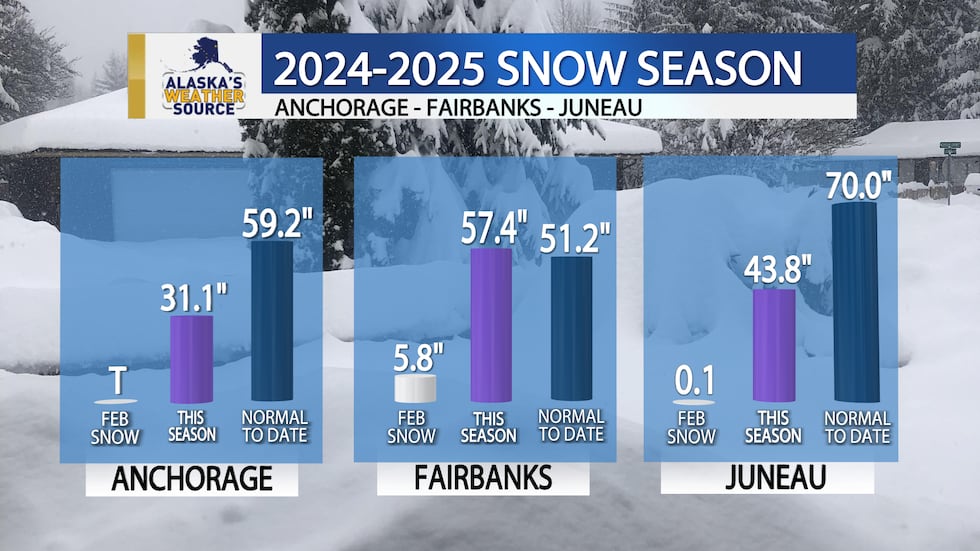
Following 2 overachieving years of snowfall for parts of Alaska, this year is proving challenging when it comes to snow accumulation. The lack of snow in Southcentral forced Iditarod officials to move the restart to Fairbanks, where the Interior is dealing with an above-average snowfall season. The same can’t be said for Southwest Alaska, Southcentral, and Southeast, with Anchorage currently experiencing the lowest winter snowfall on record.
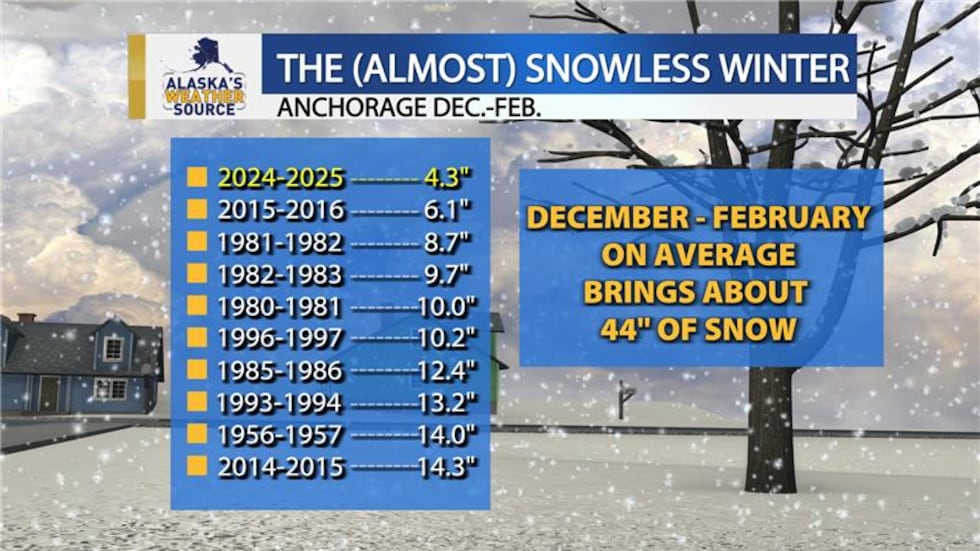
So what has caused the overall warm, and seemingly snowless winter for parts of the state? For one, we’ve had persistent southerly flow aloft for a large portion of the winter season. Not only does this drive in warmer air from the Pacific Ocean, but it also leads to rising snow levels. Additionally, for a large part of the winter, several blocking patterns remained with us. This redirected many of the storms through the Aleutians and into Western Alaska.
Of the storms that did impact Southcentral, we were warm enough that rain and areas of wintry mix were our predominant precipitation type. This lack of snow also led to a late opening of Turnagain Pass for snowmachiners.
Historically, the snowiest time of the season comes to an end in February for much of Alaska. There’s still plenty of time this season to see more snow in the forecast, but with the overall trend continuing to remain warm, our chances are dwindling.
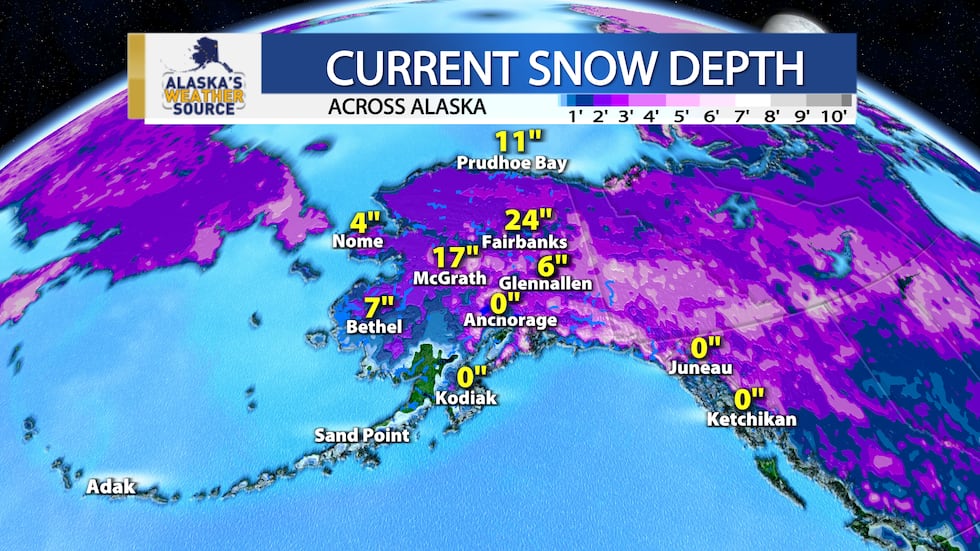
As of the publication of this article, Anchorage’s snowmelt date occurred in late January, with only 33.1″ of snowfall for the season.
See a spelling or grammar error? Report it to web@ktuu.com
Copyright 2025 KTUU. All rights reserved.
